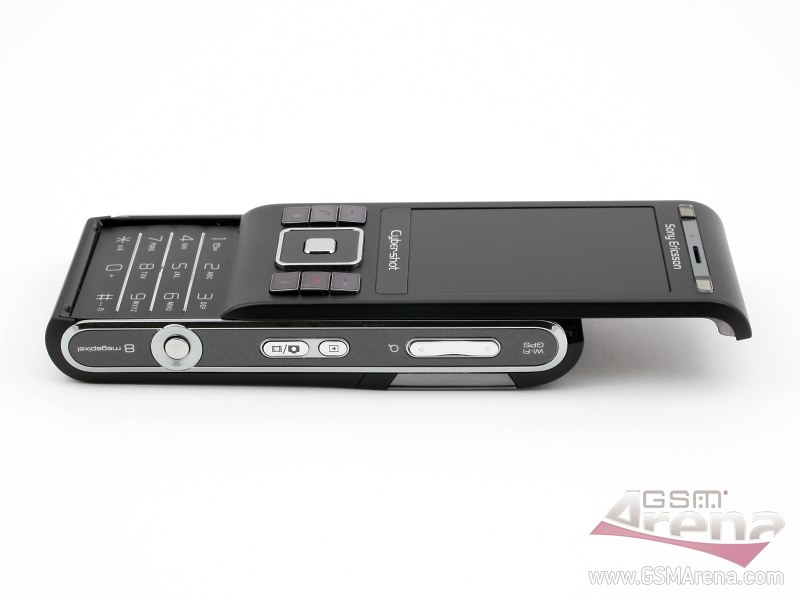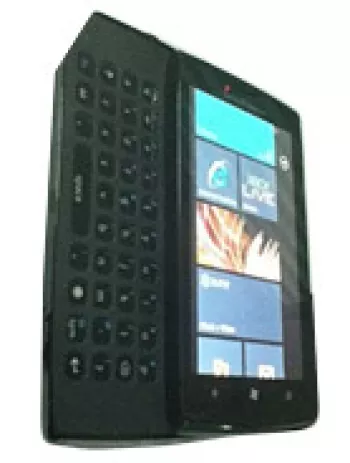Unveiling Sony Ericsson C905 Features Prices Pros & Cons

Introduction to Sony Ericsson C905
The Sony Ericsson C905 was one of the prominent mobile phones released in 2008, marking a monumental step for the brand in the world of mobile photography. It was widely recognized for its advanced camera technology and was one of the earliest mobile phones to feature an 8-megapixel camera, a pioneering move that pushed the limits of mobile phone cameras during that era. Designed to appeal to photography enthusiasts and regular users alike, the C905 combined style, functionality, and a comprehensive set of features that went beyond just communication.
Design and Build Quality
The Sony Ericsson C905 was crafted with an emphasis on both aesthetics and durability. The phone comprised dimensions of 104 x 49 x 18-19.5 mm and weighed about 136 g, making it relatively compact for its time. Despite its thickness, which was necessary to house its advanced camera technology, it had a robust build quality with a comfortable grip. The use of high-quality materials ensured durability, while the sliding handset design added a touch of elegance and practicality in protecting the keypad when not in use.
Display
The device featured a 2.4-inch TFT display capable of showcasing 256K colors. This display size and color variation showcased images and videos with sufficient clarity and vibrancy, despite the relatively low resolution by modern standards of 240 x 320 pixels. The screen incorporated scratch-resistant glass, offering protection against daily wear and tear, which was quite advanced at the time.
Camera Performance
The standout feature of the Sony Ericsson C905 was its 8-megapixel camera, which was rare for mobile phones when it was launched. It was equipped with an autofocus function and a Xenon flash, enabling users to capture high-quality photos even in low-light conditions. The camera’s ability to record video at 320p@30fps, although modest by today’s standards, was impressive for its time. The dedicated camera button and the slider design further contributed to an ergonomic photo-taking experience similar to that of a traditional camera, making it a favorite among photography fans.
Battery Life
Powering the C905 was a removable Li-Po 930 mAh battery (BST-38). With a talk time of up to 9 hours on 2G and 4 hours on 3G, along with a standby time of up to 380 hours on 2G and 360 hours on 3G, the phone offered respectable battery performance. This allowed users to enjoy extended periods of usage without frequent recharges, which was a significant advantage in a time where battery longevity was a critical consideration for users.
Network and Connectivity
The C905 supported GSM/HSPA network technology, covering a range of 2G and 3G bands, including GSM 850/900/1800/1900 and HSDPA 2100. This ensured widespread connectivity, an essential for users needing reliable communication across different regions. With a maximum data speed of HSPA 3.6/0.384 Mbps, downloading and streaming capabilities were adequately addressed. Furthermore, it featured Wi-Fi 802.11 b/g, DLNA, Bluetooth 2.0 with A2DP, and USB 2.0, providing ample options for connectivity and data transfer.
Memory and Storage
The C905 came with an internal storage of 160MB, further expandable via a Memory Stick Micro (M2) slot, with support for up to 8 GB—sufficient for storing a good quantity of photos, music, and applications. The phonebook could store up to 1000 contacts with 20 fields, and included options for photoful call, ensuring it met the demands of both personal and professional use. In addition, there was a provision for storing records of 30 received, dialed, and missed calls.
Software and Applications
Running on the Feature phone operating system, the C905 provided a user-friendly interface. Though it did not harness the power of modern smartphone platforms, it sufficiently facilitated basic features like SMS (with threaded view), MMS, Email, and Instant Messaging. The presence of a WAP 2.0/HTML browser with RSS reader and Java (MIDP 2.0) support allowed light internet usage and gaming. These features collectively ensured that users remained connected and entertained.
Additional Features
Supplementary features of the C905 included a loudspeaker, FM radio with RDS, and various alert types, including vibration and downloadable ringtones. The lack of a 3.5mm jack was offset by the digital sound quality provided by alternative connectors included within the device. Its accelerometer sensor enabled intuitive features like screen orientation and gaming interaction, showcasing the integration of technology to enhance the user experience.
Colors and Miscellaneous
The Sony Ericsson C905 was available in several colors: Night Black, Ice Silver, Copper Gold, and Tender Rose. This variety allowed users to choose a model that best matched their personal style. The pricing, approximately 180 EUR at launch, positioned it within a competitive cost range for mobile users seeking advanced camera capabilities. SAR values for the device were 1.02 W/kg (head) and 0.58 W/kg (body), indicating its compliance with regulatory standards for safety.
Conclusion
In conclusion, the Sony Ericsson C905 stood out as a trailblazer in imaging technology within mobile phones of its time. Although it has since been discontinued, its innovative features set a precedent for future mobile developments. The C905 demonstrated how integrated camera technology could become a core aspect of mobile phone functionality, paving the way for the sophisticated smartphones of today that continue to capitalize on the photography capabilities established by pioneering devices like the Sony Ericsson C905.
Key Features of Sony Ericsson C905
- Network technology: GSM / HSPA
- High-quality 8 MP main camera with autofocus and xenon flash
- Scratch-resistant glass display
- Wi-Fi capability with DLNA support
- Integrated GPS and A-GPS with Wayfinder Navigator 7
- Expandable storage with Memory Stick Micro (M2) support up to 8 GB
- Multiple color options: Night Black, Ice Silver, Copper Gold, Tender Rose
- Stereo FM radio with RDS
- Bluetooth 2.0 with A2DP support
- Accelerometer sensor
Disadvantages of Sony Ericsson C905
- Discontinued model, no longer supported or manufactured.
- Limited 3G bands, only HSDPA 2100 supported.
- Small screen size of 2.4 inches with low resolution (240 x 320 pixels).
- Low internal memory of 160MB, limits storage capacity.
- No front-facing (selfie) camera, limited for modern communication needs.
- No 3.5mm headphone jack, requires adapters for standard headphones.
- Video recording is limited to 320p@30fps, which is low quality compared to modern standards.
- Limited battery capacity with removable Li-Po 930 mAh battery, might not last long on modern usage patterns.
- Uses outdated Memory Stick Micro (M2) for expandable storage, less common than modern microSD.
- Heavy for its size, weighing 136 g for a compact phone.
























View Also
More Phones
All Rights Reserved +13924 Phones © Mobilawy 2025

























